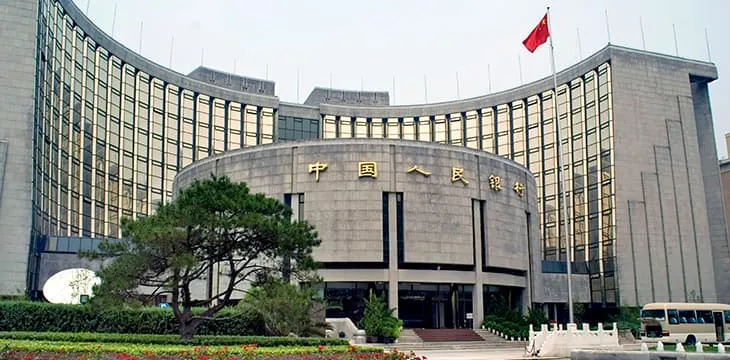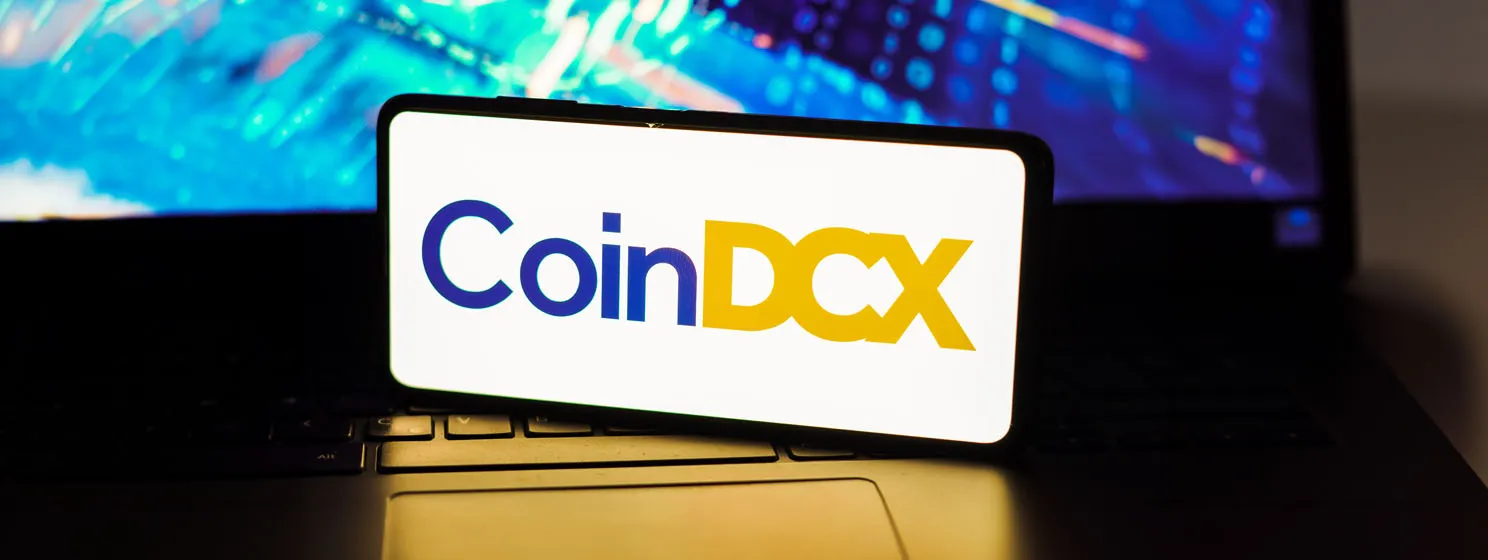|
Getting your Trinity Audio player ready...
|
Bitcoin is more of an investment alternative than a currency, one of the top leaders at the People’s Bank of China has claimed. Li Bo, the deputy PBoC governor, further revealed that the apex bank is satisfied with the current digital currency regulations in China, but would seek to enforce even stricter rules for stablecoins.
Bo was speaking during the Boao Forum for Asia, a panel hosted by CNBC. The newly-appointed deputy governor revealed that the banking regulator doesn’t view BTC as a currency.
“We believe that Bitcoin and stablecoins are encrypted assets,” said Bo. “Encrypted assets are an investment option, not currency itself. It is an alternative investment, not currency itself. Therefore, we believe that crypto assets should play a major role in the future, either as an investment tool or as an alternative investment.”
Bo’s misleading remarks mirror a narrative peddled by the BTC cartel that Bitcoin is an investment asset, not a digital currency. The Bitcoin whitepaper, which Satoshi Nakamoto wrote over a decade ago, clearly refutes this narrative. In it, Satoshi describes Bitcoin as “a purely peer-to-peer version of electronic cash,” that allows online payments to be sent directly from one party to another without going through a financial institution.
Bo also talked about digital currency regulations in the Asian economic giant. He stated, “Many countries, including China, are still looking into it and thinking about what kind of regulatory requirements. Maybe minimal, but we need to have some kind of regulatory requirement to prevent the speculation of such assets to create any serious financial stability risks.”
The deputy governor added that the PBoC has no intention of changing the current digital currency regulatory framework.
China was once the global digital currency hub, housing the biggest and most active digital currency exchanges and communities. However, the Chinese government cracked down on the industry, starting with ICOs and later on, digital currency exchanges. In recent months, it has been cracking down on the rampant use of digital currencies for online gambling, which is illegal in the country.
The narrative that Bitcoin is an asset class and not a currency has been fueled by recent institutional moves to acquire and hold onto BTC “as a reserve asset.” These institutions have sought to ride on the current market hype to generate profits from their BTC holdings before eventually dumping them once the digital currency market dips. Tesla’s Elon Musk and Microstrategy’s Michael Saylor have been the two biggest pushers of this narrative.
See also: CoinGeek Live panel, The Future of Banking, Financial Products & Blockchain

 07-31-2025
07-31-2025 





